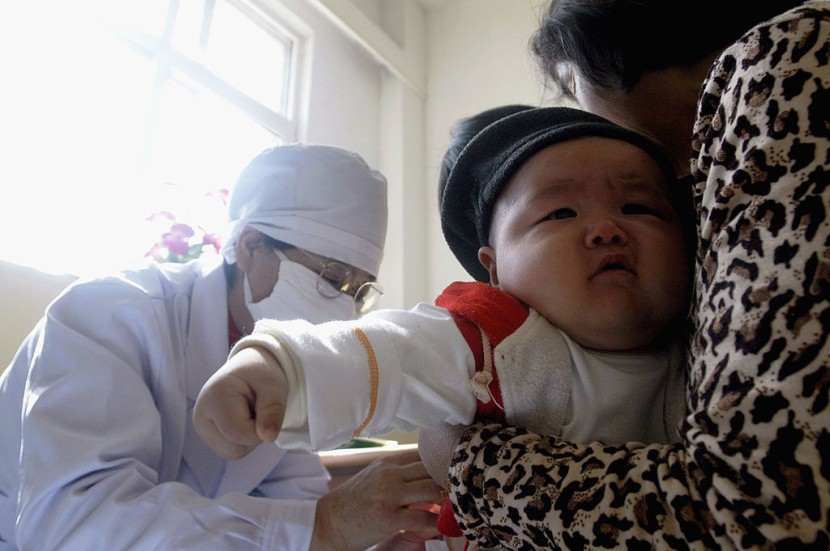
The World Health Organization (WHO) and the United States Centers for Disease Control and Prevention (CDC) warn that measles is an "imminent threat" to global health amid rising cases worldwide and a lack of vaccinations among children.
Health experts said that the preventable but highly contagious disease is on the cusp of a comeback after a lull following the emergence of the coronavirus. The two public health bodies said in a report that nearly 40 million kids missed their vaccine doses last year.
Measles an 'Imminent Threat'
The CDC and the WHO said that 25 million kids were not able to receive their first vaccine dose while 14.7 million others missed their second vaccine dose, which was found to be a record high in missed vaccinations. Over the last two decades, the number of measles infections has declined.
However, the disease still remains a mortal threat, especially among unvaccinated young children in the developing world. Last year, there were an estimated 9 million cases and 128,000 deaths worldwide, an increase from 7.5 million cases and 60,700 deaths in 2020, as per the Washington Post.
The situation is a result primarily of poorer disease surveillance and vaccine campaigns that were delayed because of the COVID-19 pandemic. Vaccination is an effective protection against the illness, offering various benefits, such as the concept of herd immunity.
Roughly 95% of the population is required to be vaccinated with two doses for herd immunity to occur, but there were only around 81% of children worldwide received their first dose, and 71% received their second shots.
According to the Associated Press, CDC Director Dr. Rochelle Walensky released a statement that noted the record number of children who are under-immunized and are susceptible to measles highlights the profound damage that immunization systems have sustained amid the coronavirus health crisis.
Read Also : China Sees 30,000+ Surge in COVID-19 Cases Despite Zero-Tolerance Policy | Here's Why It's a Big Problem
Routine Immunization Processes
Measles is known to spread through direct contact or via the air and causes symptoms that include fever, muscle pain, and a skin rash on the face and upper neck. Many measles-related deaths were found to be caused by complications including swelling of the patient's brain and dehydration.
The WHO said that serious complications among cases of measles are most severe in children who are under the age of five and adults over the age of 30. Health officials added that the majority of measles deaths, more than 95%, occur in developing nations such as Africa and Asia.
While there is no specific treatment for measles, the two-dose vaccine against the illness was found to be about 97% effective in preventing severe illness and death. The two public health agencies said that the decline in vaccination was a significant setback in global progress toward achieving and maintaining measles elimination.
They added that the situation leaves millions of children susceptible to infection and even death. WHO Director-General Dr. Tedros Adhanom Ghebreyesys said that the paradox of the pandemic is that while vaccines against the coronavirus were developed in record time and later deployed in the largest vaccination campaign in history, the process disrupted routine immunization programs, CBS News reported.
© 2025 HNGN, All rights reserved. Do not reproduce without permission.








